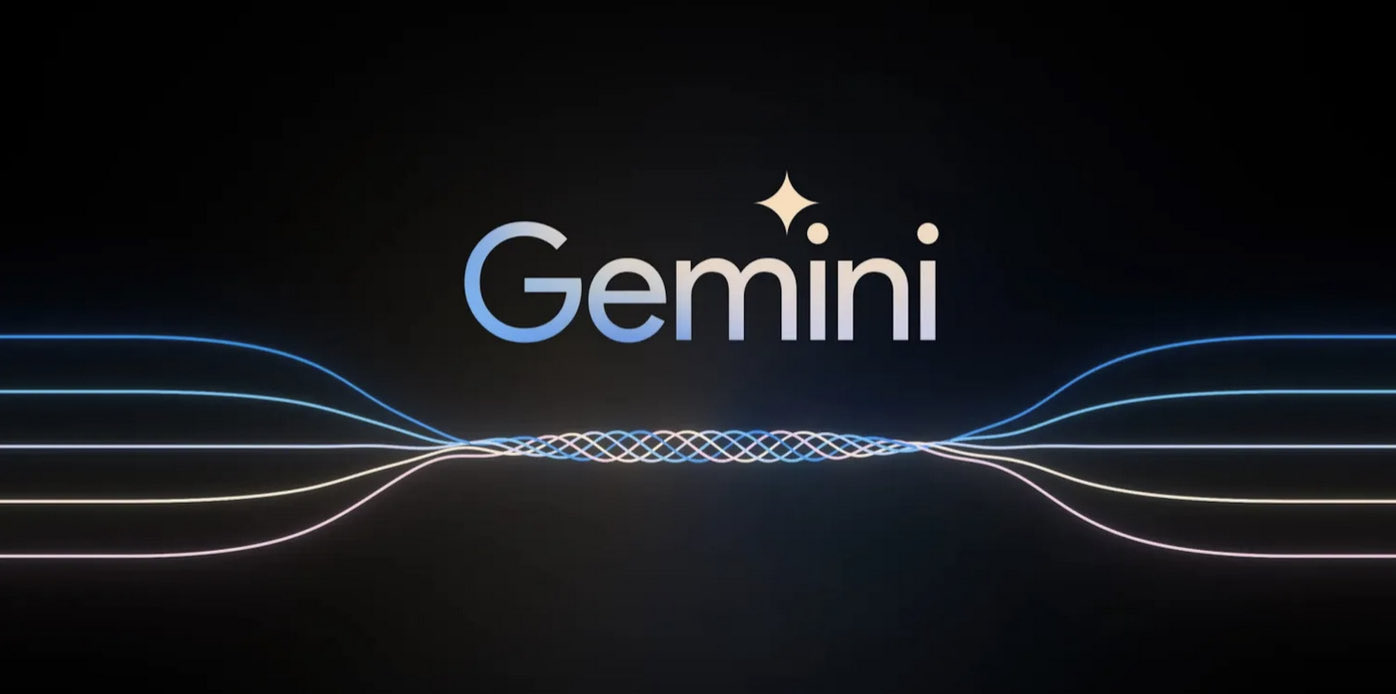Apple is reportedly in early-stage discussions with Alphabet’s Google to leverage Google’s Gemini artificial intelligence system for a major overhaul of its Siri voice assistant. This marks a pivotal shift in Apple’s AI strategy, reflecting a potential move from relying solely on internal AI development to integrating an external, cutting-edge AI model into its ecosystem.

Background and Context
Siri, Apple’s voice assistant, has long lagged behind competitors such as Google Assistant and Amazon Alexa, particularly in handling complex, multi-step commands and integrating with third-party applications. According to a Bloomberg study from October 2024, Siri’s accuracy and response speed were approximately 25% and 30% worse, respectively, than ChatGPT, highlighting the challenges Apple faces in AI innovation.
Internally, Apple has been developing its own large language models (LLMs) but has faced engineering setbacks, including delaying a previously announced Siri overhaul from spring 2025 to 2026. Apple’s software engineering chief, Craig Federighi, has described the upgrade as a “second-generation” Siri architecture, promising a transformational AI experience with deeper personalization capabilities integrated into iOS 18.
Details of the Potential Partnership
-
Apple recently approached Google to create a custom AI model based on Gemini that would power the next-generation Siri.
-
Google has begun training a version of Gemini AI to operate on Apple’s Private Cloud Compute servers, which utilize Apple’s proprietary Mac chips for secure on-device processing.
-
Apple remains undecided between continuing to use internally developed AI models or fully adopting an external AI partner’s technology.
-
Besides Google’s Gemini, Apple has reportedly engaged with other leading AI companies, including OpenAI and Anthropic, evaluating versions of their AI models for deployment on Apple’s servers.
Strategic Significance
The move towards partnering with Google represents a potential strategic pivot for Apple, moving away from a “build-only” in-house AI model toward a partner-first approach. Industry analysts interpret this as Apple aiming to fast-track its AI capabilities by leveraging Google’s advanced AI research and infrastructure.
Financial markets reacted positively, with Alphabet’s shares rising approximately 3.7%, and Apple’s stock increasing about 1.6% after the news broke, reflecting investor optimism about Apple’s renewed AI ambitions.
Timeline and Next Steps
-
The new AI-powered Siri is expected to launch in spring 2026.
-
Apple continues to trial multiple LLMs, including its own and third-party models, before making a final decision.
-
Details on the financial terms between Apple and Google remain unclear, including whether Apple would pay Google for the AI service or vice versa.
Comparative Insight: Siri vs Competitors
| Feature | Siri (Current) | Google Assistant | Amazon Alexa | Gemini AI (Google’s Model) |
|---|---|---|---|---|
| Multi-step Requests | Limited | Advanced | Advanced | Highly advanced |
| Personalization | Moderate | High | High | Cutting-edge AI |
| Third-party Integration | Limited | Extensive | Extensive | Extensive |
| On-device Processing | Yes (limited AI) | No | No | Adaptable for Apple’s Private Cloud |
| AI Model Development | Primarily in-house | Advanced (Google LLMs) | Advanced (Third-party AI) | Next-generation AI platform |
Challenges and Considerations
-
Apple must ensure Google’s AI complies with its strict privacy and security standards, which is why the Gemini model would be customized to run on Apple’s private servers.
-
The economics of the partnership, including pricing and revenue sharing, is still not finalized.
-
Apple’s delay in AI development has set it back by approximately two and a half years compared to competitors, increasing pressure to deliver a compelling AI upgrade.
Apple’s exploration of Google’s Gemini AI to power a revamped Siri marks a major development in the evolution of voice assistants. This partnership, if finalized, could significantly enhance Siri’s intelligence, responsiveness, and user personalization. The strategic decision will not only impact Apple’s competitive positioning but also signal how major tech companies collaborate in the complex AI space going forward.
This collaboration highlights the broader trend of cross-industry partnerships in ensuring that consumers benefit from rapid advances in artificial intelligence integrated seamlessly into everyday technology.

